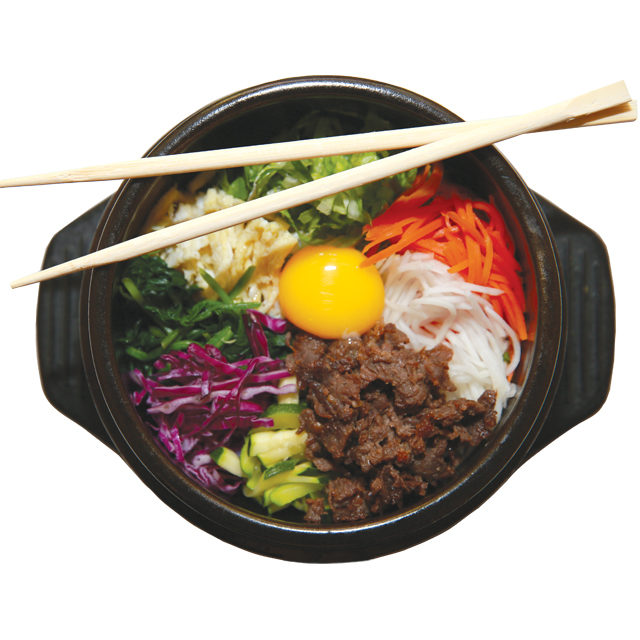
Think about how you define yourself — hair color and style, jewelry, clothes, car, nail polish, piercings, tattoos, musical taste, home décor, job; these choices show others who we are, or even how we are feeling.
But what about the food you eat and the food you serve others? How does food define who we are?
Food characterizes us just as much as how we dress or what we do for a living.
Vegetarian, vegan, paleo, juice cleanses, protein shakes, macrobiotic, raw food, low-carb, high-protein, low-FODMAPs; every choice says something about who we are, from our health requirements to our religious convictions to our concerns about the environment.
But food also defines the special events in our lives. It showcases our emotions, hopes and dreams. In these moments we often eschew the confines of our normal diet in favor of celebration.
The new year is a great example.
Around the world, people celebrate New Year’s Day with different meals, usually based around food that is native to their homeland, and often meant to symbolize health and prosperity. In the American South, folks eat collard greens and black-eyed peas; in Germany it’s sauerkraut and pork; Mexico and Denmark serve ring-shaped cakes to symbolize the year coming full circle; Italians eat a sausage and lentil stew said to bring good luck.
The Lunar New Year is coming up — Jan. 28 — meaning people across much of Asia will celebrate the new year with special dishes to symbolize health, wealth, happiness and renewal.
But traditions are susceptible to change. Bibimbap — a collection of vegetables served atop a bed of rice, gloriously crowned with an egg — used to be the traditional Korean meal served on New Year’s Eve. It was used as a way to clear out leftover food before the new year. And while this isn’t a New Year’s Eve practice that seems to be common any longer, bibimbap is still an iconic dish of Korea. And it’s still a way families use up leftovers after large celebrations.
In Boulder, Korea House has been serving iconic Korean fare for more than 20 years from an unassuming nook in a shopping center on Glenwood and 28th. It’s changed a lot over the years, with Boulder Weekly describing it as “a spartan dining space with cinder block walls and minimal artwork” back in 2009. Today, Korea House is like your grandmother’s living room: cozy, filled with eclectic knickknacks, an atmosphere that acts as an invitation to sit, eat and enjoy.
If you’re looking for a dish that can warm the bones, comfort the senses and delight the taste buds — all without challenging your New Year’s resolution to fit back into those jeans — look no further than a bowl of Korea House’s bibimbap.
This dish is all about contrasting textures: soft, warm rice against crunchy veggies, chewy meat (though vegetarian varieties are common and equally delicious) and gooey egg. The egg should be cracked over the warm rice and veggies, allowed to cook ever-so-slightly, covered and removed from the heat.
And let us not forget the most important addition: kimchi, the spicy fermentation of cabbage that, without argument, is the most iconic of all Korean foods. Kimchi is eaten with all Korean meals, and I dare say you aren’t experiencing Korean cuisine without adding it to your dish.
“[Korea] is one of the world’s best at branding itself through food, using its cuisine as a kind of ‘soft power’ to help spread South Korea’s influence,” the Kitchen Sisters claimed on NPR’s Morning Edition last year.
Indeed, if food defines who we are — even at a national level — then Korea is a country that values health, comfort, simplicity and tradition.
Korea House, by extension, holds the same values.
Korea House. 2750 Glenwood Drive, Suite 4, Boulder, 303-449-1657.














